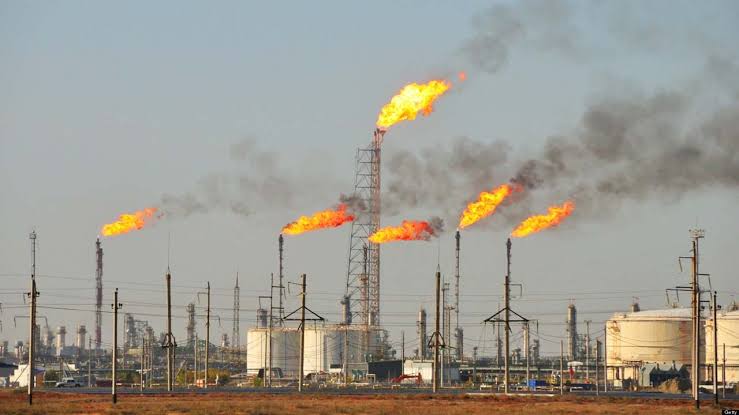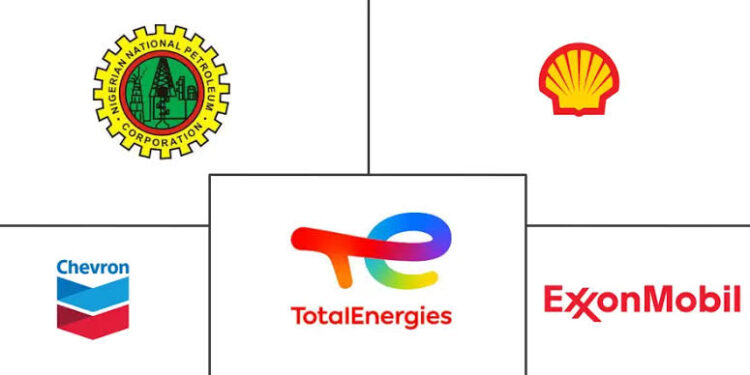The Federal Government of Nigeria has sounded a stern warning to international oil companies (IOCs) operating within the country, urging them to adhere to the gas flaring regulations set by regulatory agencies in Nigeria.
It stated that though a few international oil companies often adhere to these guidelines, most oil companies do not, stressing that this is unacceptable.
The Deputy Minister of Environment, Iziaq Salako made the announcement at the Third National Extraction Dialogue 2024 organized by the non-governmental organization ‘Spaces-4-Change’ in Abuja.
He said, “Following my directive to NOSDRA (National Oil Spill Detection and Response Agency) in March this year, while a few international oil companies and other operators are heeding the call of the government for gas flare transparency and accountability, most international oil companies are not responding.
“They expect to be called by NOSDRA, which reflects a disregard for Nigeria’s environmental sustainability agenda.”
He said this was unacceptable as Nigeria was determined to stop gas flaring, adding that the country had a timeline and commitment in sight. It was difficult to achieve that target. However, according to the minister, the government is imposing penalties on IOCs and other local operators in the oil sector to prevent gas flaring.

Salako told participants at the event that the Federal Government will not tolerate such disregard for gas flaring guidelines, adding that operators have a responsibility to set an example and support Nigeria’s vision to stop gas flaring.
“Let me, therefore, use this platform to issue a strong warning from the Federal Ministry of Environment, acting on its mandate to secure a quality environment conducive to good health and well-being of flora and fauna, we no longer tolerate such disregard to the legitimate call of NOSDRA.
“Operators in the Nigerian oil and gas sector have a responsibility to lead from the front, to support the vision of Nigeria to end gas flaring, not just in the interest of the country, but in the overall interest of our planet,” the minister declared.
The Executive Director of Spaces-4-Change, Victoria Ibezim Ohaeri, called on all stakeholders to work together to achieve Nigeria’s net zero target by 2050.
“The risks are high and gas flaring will have far-reaching social, economic, and environmental impacts, particularly on the communities we host today. Gas flaring worsens global warming. It leads to economic losses and wastes potential electricity generation capacity.”

“But it is within our power to change that. Reducing gas flaring can significantly reduce carbon emissions, unlock economic value, and foster economic development that benefits all Nigerians.”
“Through our collective efforts, we can lead Nigeria to a sustainable future and ensure that natural resources are managed responsibly for the benefit of current and future generations,” she said.
The Executive Director, Nigeria Extractive Industries Transparency Initiative, Dr. Ogbonnaya Orji, said the agency’s latest report on the oil and gas industry showed that 884 million standard cubic feet of gas were flared in 2011, compared to 249 million cubic feet in 2021.
Data collected showed that flaring had decreased by 51.27 percent of the gas volume flared. Orji found that 9.8 percent of gas produced and used in 2021 was flared and 55 percent was sold, indicating that gas flaring had fallen by about 50 percent between 2021 and 2020.
“Although this is a remarkable improvement, we must strive to meet our country’s target of 100 percent gas flare elimination by 2025 which is just one year away and six years away from the global commitment of 2030,” the NEITI boss stated.

































